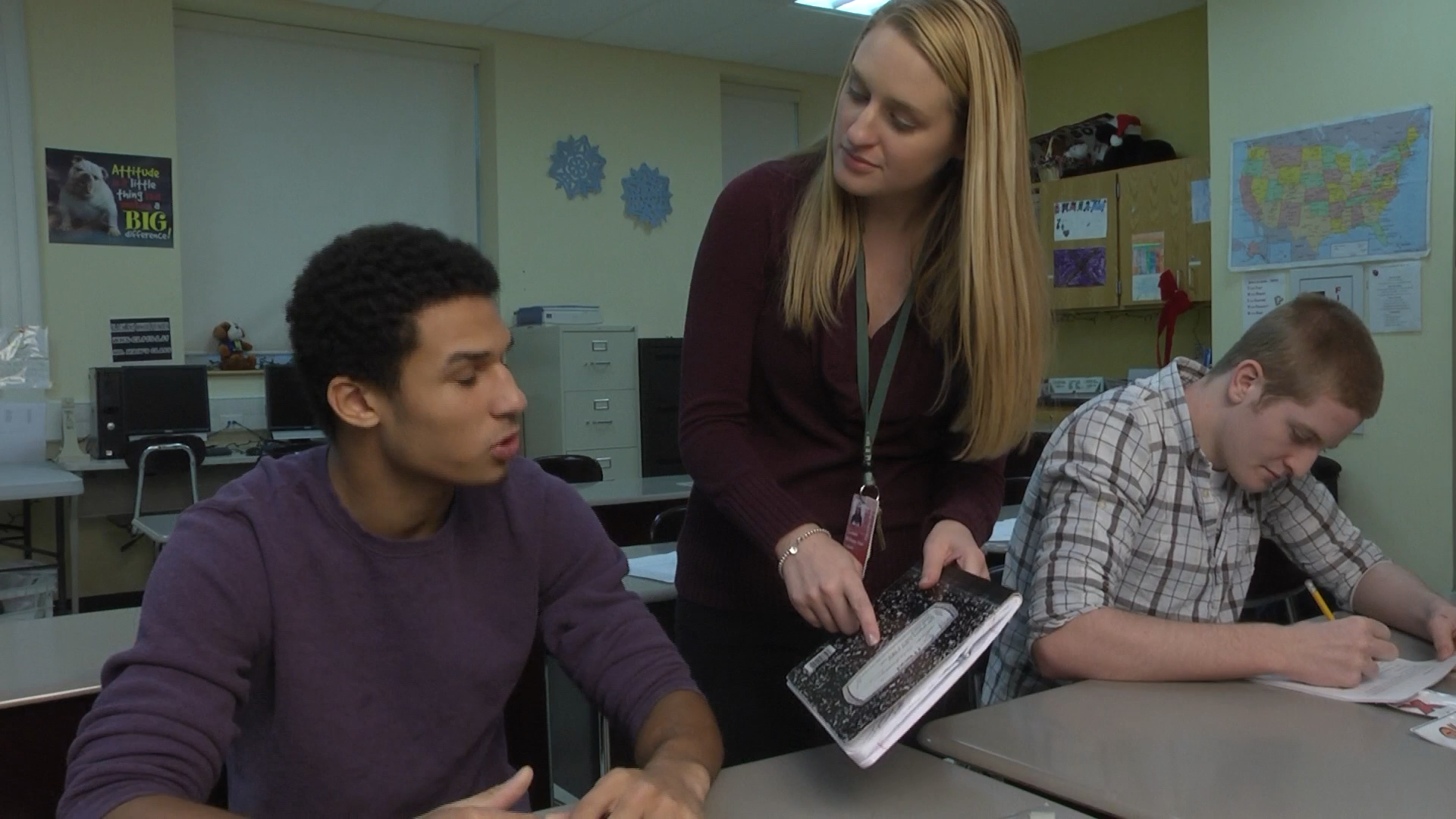
Self-control is an essential skill that helps students manage their emotions and actions. When students lose self-control, it can lead to negative consequences, such as getting into trouble or damaging relationships. In this blog post, we will explore ways to teach middle school students how to maintain self-control and avoid losing control of their emotions and actions.
No-Prep Activity: The Self-Control Stopwatch
This activity requires no preparation or materials from the educator and can be easily implemented in the classroom. The Self-Control Stopwatch is an engaging way to help students practice self-control skills and learn to manage their emotions.
- Ask students to pair up and sit facing each other.
- Explain that one student will act as the “stopwatch” and the other as the “timer.”
- The stopwatch student will silently count to 60 seconds while the timer student tries to remain calm and focused, resisting the urge to ask how much time is left or look at a clock.
- When the stopwatch student reaches 60 seconds, they will say “stop.”
- Students will then switch roles and repeat the process.
- After both students have completed the activity, have a group discussion about how they felt during the exercise and what strategies they used to maintain self-control.
This activity helps students develop self-control by practicing patience and resisting the urge to act impulsively. It also encourages them to reflect on their emotions and identify strategies for managing them.
Discussion Questions
After completing the Self-Control Stopwatch activity, use these questions to stimulate further discussions on self-control:
- What strategies did you use to maintain self-control during the activity?
- How did it feel to practice self-control? Was it challenging or easy for you?
- Can you think of a time when you lost self-control? What were the consequences?
- Why is it important to have self-control in school and other social settings?
- What are some situations where practicing self-control can benefit you and those around you?
Related Skills
Beyond self-control, there are other relevant skills that can help middle school students develop a strong foundation in social-emotional learning. Some of these skills include:
- Empathy: Understanding and sharing the feelings of others can help students manage their emotions and respond appropriately to social situations.
- Active Listening: Paying close attention to what others are saying and responding thoughtfully can improve communication and help students maintain self-control.
- Problem-Solving: Developing skills to effectively address challenges and conflicts can help students control their emotions and make better decisions.
- Stress Management: Learning to identify and cope with stressors can help students maintain self-control under pressure.
Next Steps
Teaching self-control skills to middle school students is essential for their social-emotional development and overall well-being. By incorporating no-prep activities like the Self-Control Stopwatch and engaging in meaningful discussions, educators can help students learn to manage their emotions and actions effectively.
To further support your students’ social-emotional learning journey, we invite you to sign up for free samples of skill-based resources and materials. These resources can help you teach self-control and other essential skills to your middle school students, setting them up for success in all aspects of their lives.

